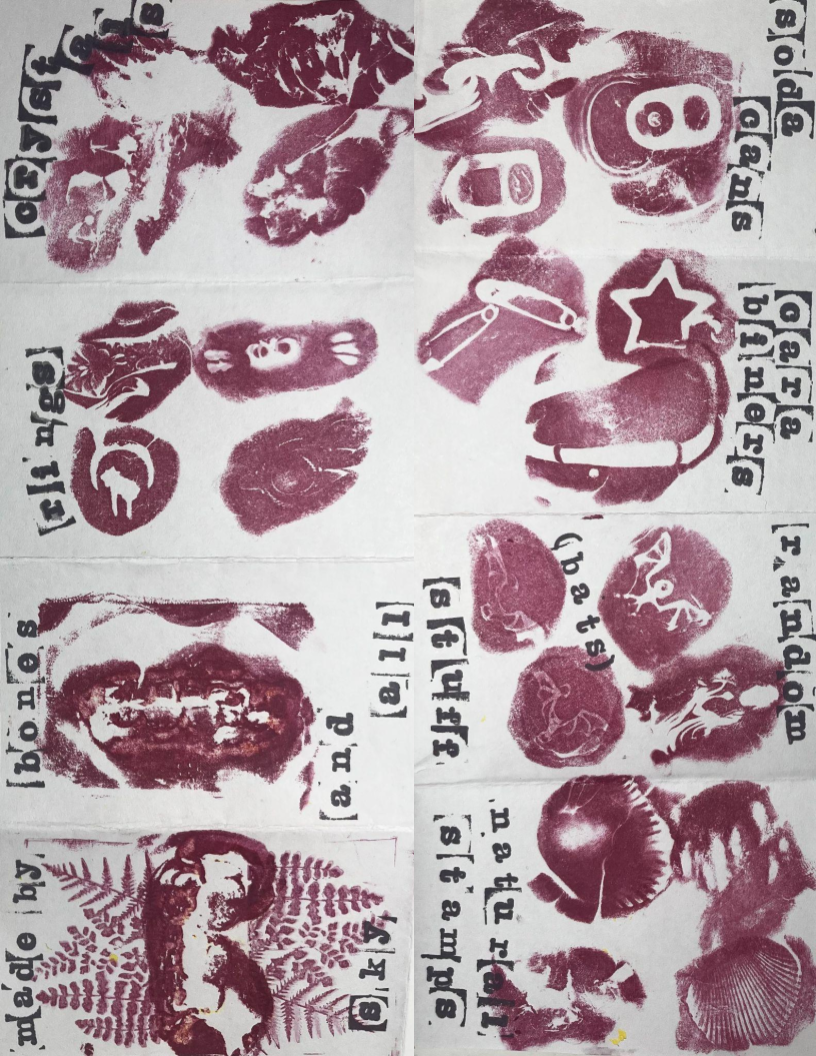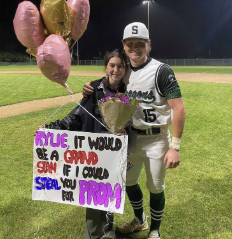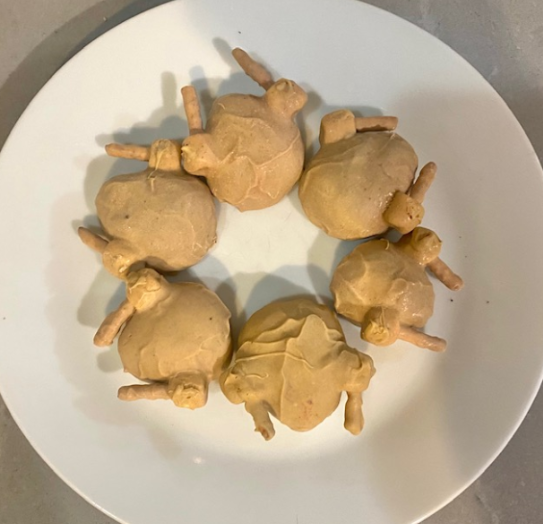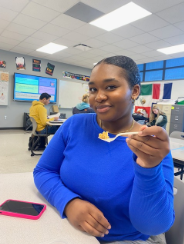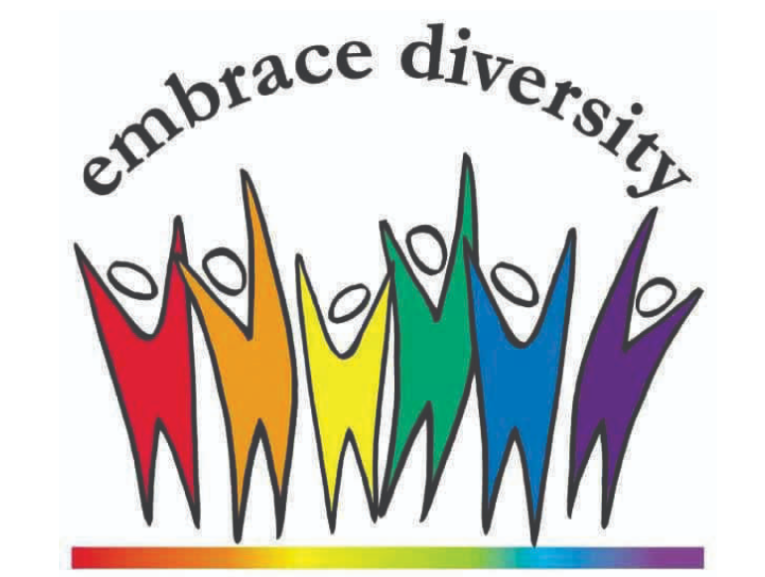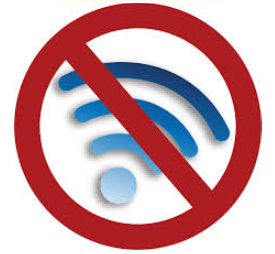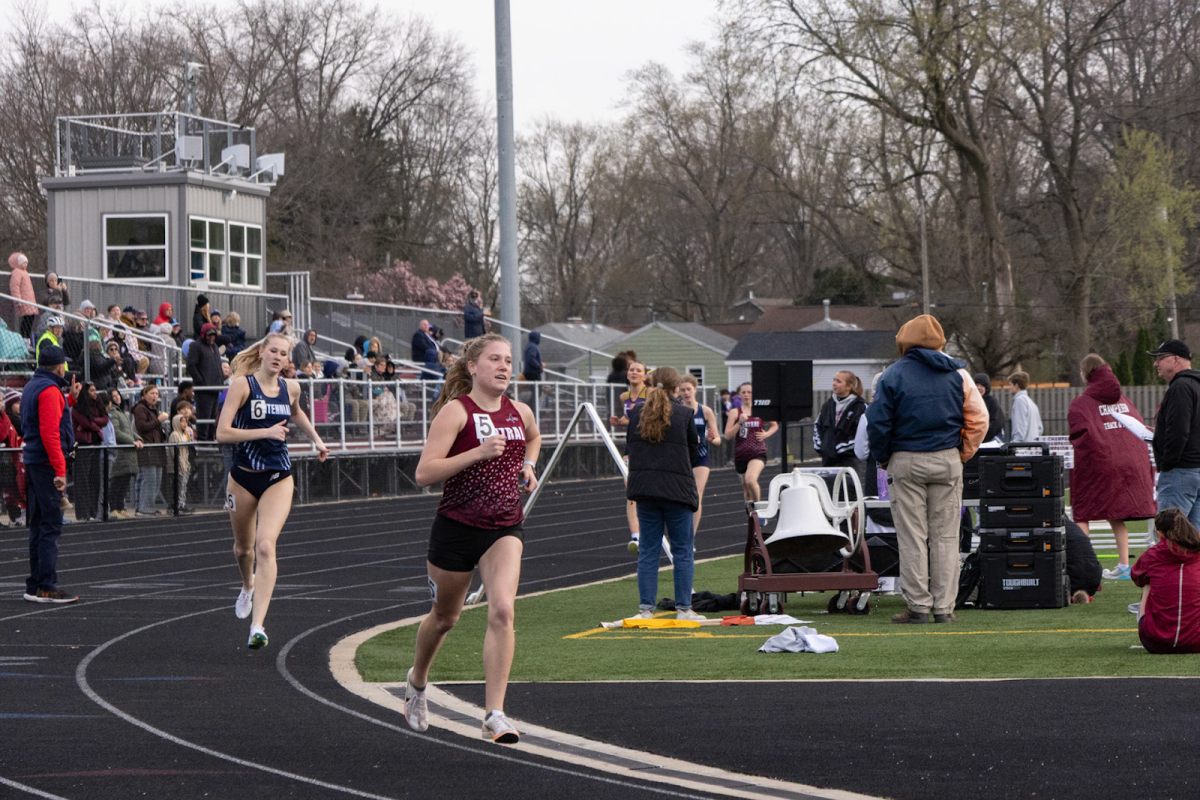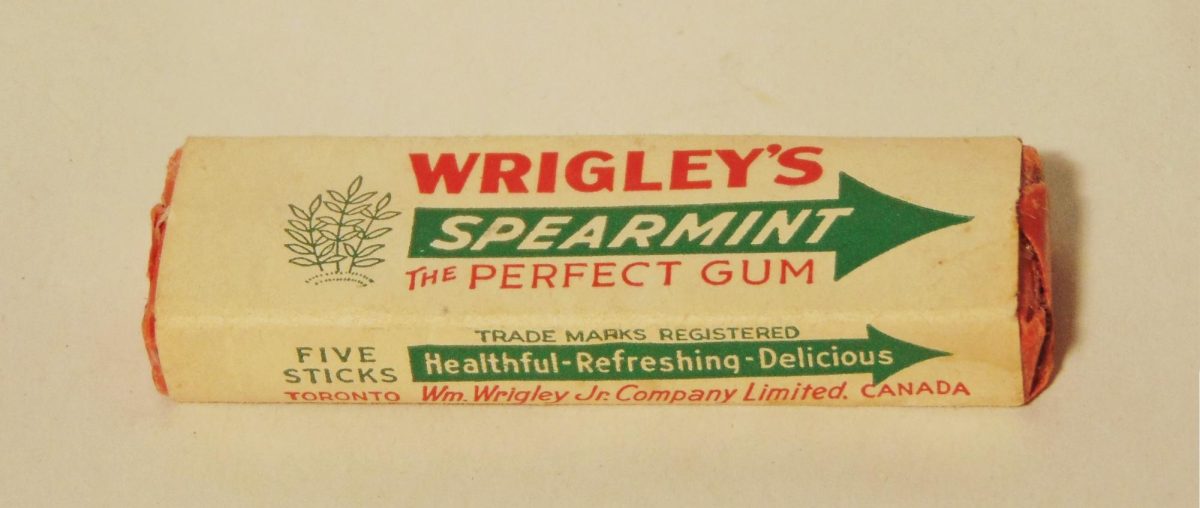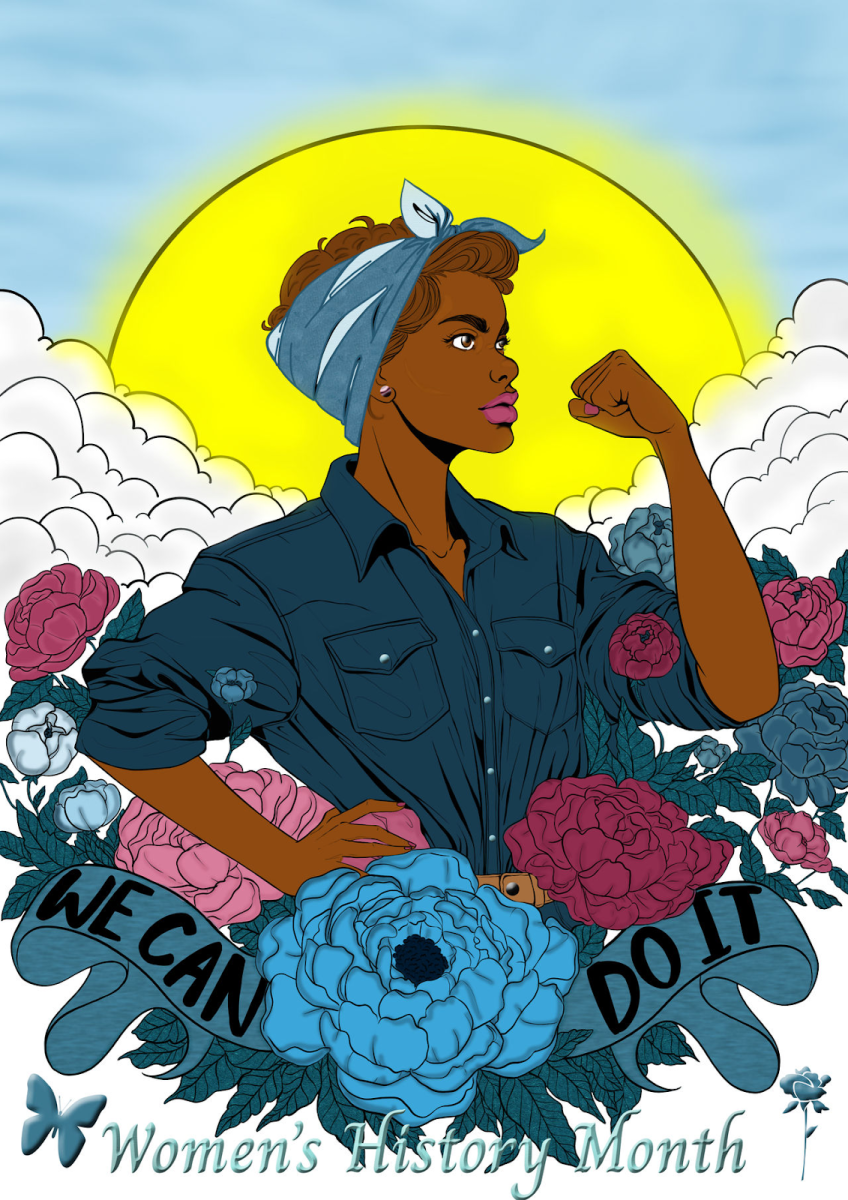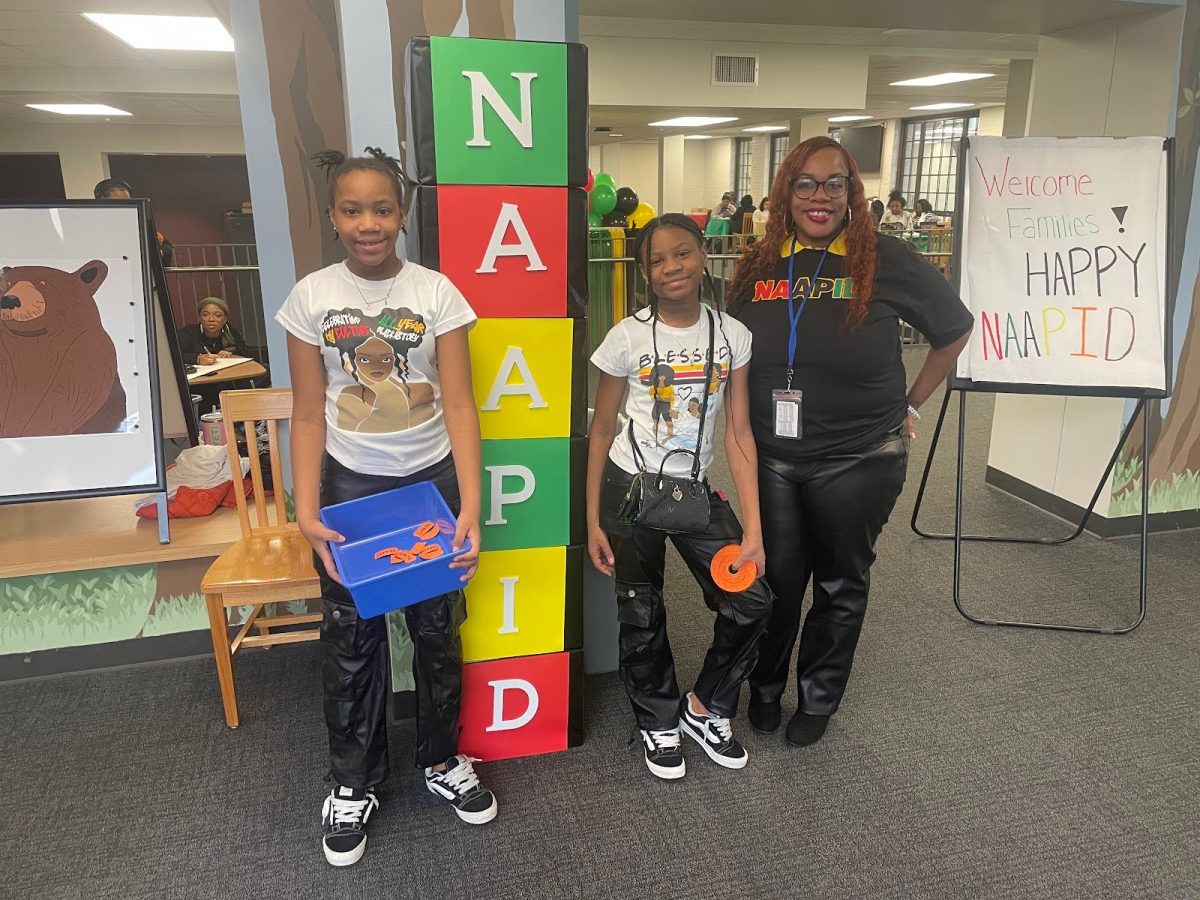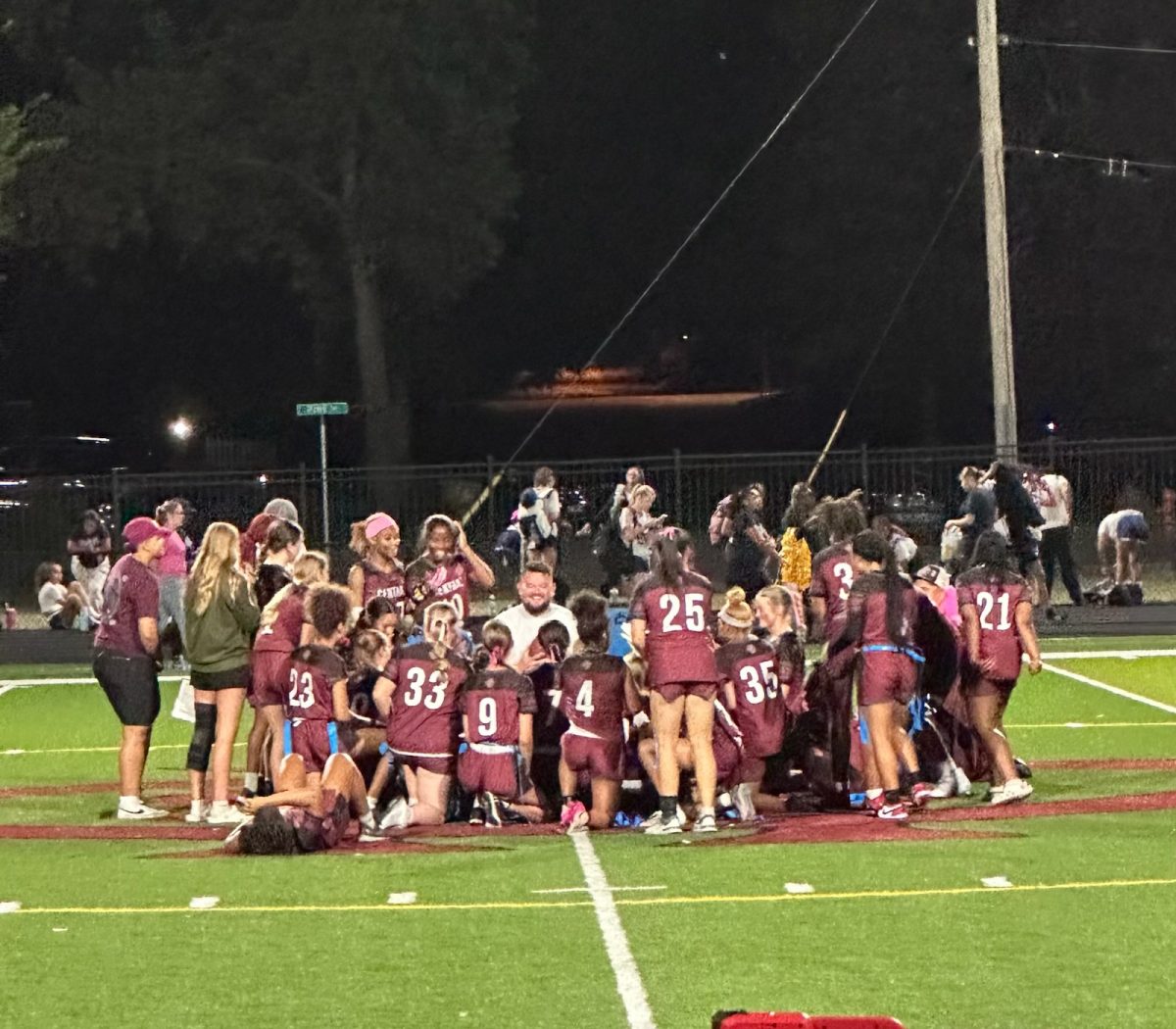Impactful Women Through History
March 8, 2023
March is National Women’s History Month, with March 8th being International Women’s day and March 12-18 being Universal Women’s Week. As such, it is important to learn about some of the impactful ladies who changed this world. While this article will not encompass every important woman, hopefully, this will introduce you to some you may not have heard of before. Enjoy!
#1. Mary Wollstonecraft
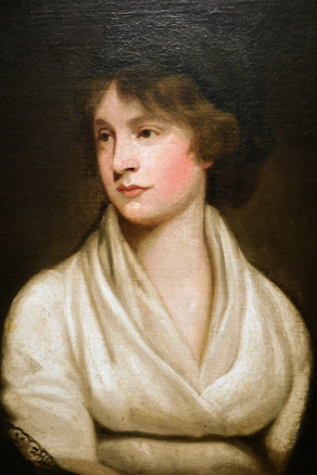
Mary Wollstonecraft was a feminist writer, who advocated for and wrote about women’s rights. Her words were able to spread her message from England, to America, and Brazil and her works helped push for bettering the education of women.
Born in 1759 in London, England, Wollstonecraft was not given much schooling, as was customary for women of that time. She was taught to read by a friend of hers who was a clergyman and his wife. Later in her life, she opened a school with two of her sisters, though it eventually failed.
Afterward, she was able to find work with a publishing business. It was this publisher that released many of her works, including one of her most famous, A Vindication of the Rights of Woman, pub. 1792.
In this piece, she wrote of the importance of educating women; pressing that they should be seen as more than polite, pretty things. Wollstonecraft emphasized that educating women would help society as a whole. Unlike many other feminists of the time, she pushed for political change, as well as social. She writes, “How much more respectable is the woman who earns her own bread by fulfilling any duty, than the most accomplished beauty!”
She died in 1797 after giving birth to her second child. While Wollstonecraft’s works didn’t get much recognition while she was alive, they were later used as inspiration for women’s movements in Europe. Her writings and ideals also inspired other great feminists later on.
#2. Susan La Flesche Picotte

Susan La Flesche Picotte was the first Native American woman to receive a medical degree. She was always willing to help people, saying, “My office hours are any and all hours of the day and night.”
La Flesche Picotte was born into the Omaha tribe in Nebraska in 1865. Her affinity for the medical field began when she was younger. As a girl, she had watched as a young woman in her tribe was sick, asking for a doctor. Though they called several times, the white doctor never came, and the woman died. She decided then that she wanted to be a doctor for her people.
After graduating from her education in New Jersey, she applied to the Woman’s Medical College of Pennsylvania. This was a courageous move at the time, as many people at the time had reservations about allowing women into the medical field, and women were told it would be damaging to their health.
And yet, she graduated a year early at the top of her class, returning to the Omaha reservation at the age of 24 and becoming a doctor there. She worked tirelessly with people, often taking calls no matter the time of day. She would even bring her children with her on multiple occasions.
In 1913, she opened the first hospital on a reservation without government funding. Two years later in 1915, she passed away. She overcame prejudice against her race and gender, which takes a great deal of courage.
#3. Gladys West

Gladys West was a mathematician, who is credited with the development of GPS. Born in Virginia in 1930, West’s parents owned a farm. It seemed she would be destined to a similar fate, but she showed aptitude in other areas. West left high school as a valedictorian, with a full scholarship to Virginia. She graduated with a degree in mathematics in 1952, receiving her masters in 1955.
The next year in 1956, she was hired by a section of the US Navy to be a mathematician in a weapons laboratory in Virginia. Others were particularly interested in her ability to solve complicated mathematical problems by hand, though she slowly moved into the realm of computer programming. One of the important projects she worked on during her time was a program that tracked Pluto’s movements in relation to Neptune.
In 1978, during her time with the Navy, she was in charge of a project that used satellite data to determine different qualities of the ocean. This was the first of its kind, as satellites hadn’t been used for this purpose before. West and her team ended up being able to create a program that let the computer account for the conditions of the Earth, and model its surface. This version and other more sophisticated ones of the program were later used to further the creation of GPS.
In 1973, she got another master’s degree in public administration from the University of Oklahoma. She didn’t stop there though, and in 2000, after retiring from the Naval base, got a Ph.D. in both public administration and policy affairs from Virginia Polytechnic Institute in.
For a while, West’s achievements were overlooked. However, in 2018, she was inducted into the Air Force Space and Missile Pioneers Hall of Fame and later recognized in BBC’s 100 Women of 2018 list. Her achievements helped pioneer a resource that is used frequently across the world, and her dedication is outstanding.
#4. Rigoberta Menchú

Rigoberta Menchú is a Guatemalan activist and author, as well as a Nobel Prize winner, who believed, “This world’s not going to change unless we’re willing to change ourselves.” She was born in 1959 in Guatemala. Her parents were involved a lot in agriculture, so she was as well at an early age.
As she grew older, she also became an activist in Guatemala with the Catholic Church, fighting for women’s rights. Her family supported her, but the government punished them greatly for it. Her father was the leader of a group that disagreed with the government, and during the Guatemalan Civil War, died in a fire advocating for the unfair treatment by the military. In 1979, Menchú’s younger brother was tortured and killed, and her mother faced similar atrocities before also being murdered a year later.
In 1981, she fled from Guatemala, seeking refuge in Mexico. She didn’t stop fighting though. Instead, she continued to speak out against the mistreatment of people by the government of Guatemala.
Menchú published a book in 1983 entitled I, Rigoberta Menchú, which detailed the stories of her childhood and the travesties that befell her brother. This work was widely translated and became very popular.
She received her Nobel Peace Prize in 1992 for her efforts toward her social justice goals, and her aid in the conflicts within Guatemala. Later that decade, she released an autobiography, which stirred up some controversy, after investigations were done and the accuracy of some of the facts she wrote were questioned.
Menchú went on to work with the president of Guatemala, even trying to run for herself. Though she didn’t succeed in securing the position, her work still made a great impact on the world.
#5. Sylvia Rivera

Sylvia Rivera was an American, half-Puerto Rican, transgender activist, who fought for gay rights in the movement’s early years, as well as the inclusion of transgender people into the queer community.
Born in 1951 in New York, Rivera’s father left the family when she was young, and her mother had taken her own life when she was three. As a result, most of her early childhood was spent with her grandmother. However, her hardships didn’t end. Assigned male at birth, Rivera was scolded and shunned for expressing her more feminine side. This resulted in her running away at the age of eleven, and living on the streets. It was here that she met Marsha P. Johnson, a fellow transgender woman, and the two were able to kindle a close bond.
She joined the Stonewall Riots–a series of revolts in front of a gay bar in New York that escalated into a nationwide struggle for gay rights– in 1969, fighting alongside members of the queer community, but it wasn’t that easy. At the time, gay people shunned transgender and gender-fluid individuals such as Rivera, so even then she was struggling.
In 1970, she along with Johnson opened the Street Transvestite Action Revolutionaries, which was a refuge for transgender and gender-fluid individuals, specifically young ones. Though this site was abolished after a year, Rivera continued her activism. In 1973, she gave a passionate speech at a gay rights rally, calling for the acceptance of transgender people, but she was booed and shouted at.
For the next 20 years, her activism took a pause, and not much is known about her life then. But after Johnson’s suspicious death in 1993, she came back, resuming her fight. It was through many of her actions that transgender people were finally included, and the movement expanded to LGBTQ rights.
Sylvia Rivera passed away in 2002, and the Sylvia Rivera Project was created in her honor. This organization helps LGBTQ youths. Sylvia Rivera helped and inspired many young people, and also fought for inclusion and rights for all.
#6. Victoria Draves

Victoria Draves was an Asian American diver. She was the first woman to get a gold medal in both springboard and platform diving, and she was also the first Asian American woman to win a gold medal in the Olympics.
Draves was born in 1924, her father is Filipino and her mother is American. During her childhood, she faced a great deal of racism. One coach made her change her last name in order for her to enter the swimming pool. After she used it, they would drain the pool as well.
However, she persevered. By the age of 16, Draves was winning high board competitions, as well as various other diving competitions. She competed in the 1948 Olympic Games, scoring high on the springboard and platform diving, making her the first Asian American to win a gold medal in the Olympics. In 1969, she was inducted into the Swimming Hall of Fame, and she later passed away in 2010. Draves paved the way for, not just Asian American women, but all competing in athletics.
Sources:
- Mary Wollstonecraft (Stanford Encyclopedia of Philosophy)
- Mary Wollstonecraft | Biography, Beliefs, Books, A Vindication of the Rights of Woman, & Facts | Britannica
- The 23 Best A Vindication of the Rights of a Woman Quotes (bookroo.com)
- Susan La Flesche Picotte (U.S. National Park Service) (nps.gov)
- Rigoberta Menchu | Biography, Nobel Prize, & Facts | Britannica
- Rigoberta Menchú Tum Biography, Quotes, and Learning Resources (spanishmama.com)
- Gladys West | Biography, Accomplishments, Hidden Figure, GPS, Mathematician, & Facts | Britannica
- Sylvia Rivera | Biography, Speech, Stonewall, STAR, & Facts | Britannica
- Victoria Draves | American diver | Britannica
- 7 Asian American sports trailblazers who changed the games (nbcnews.com)



